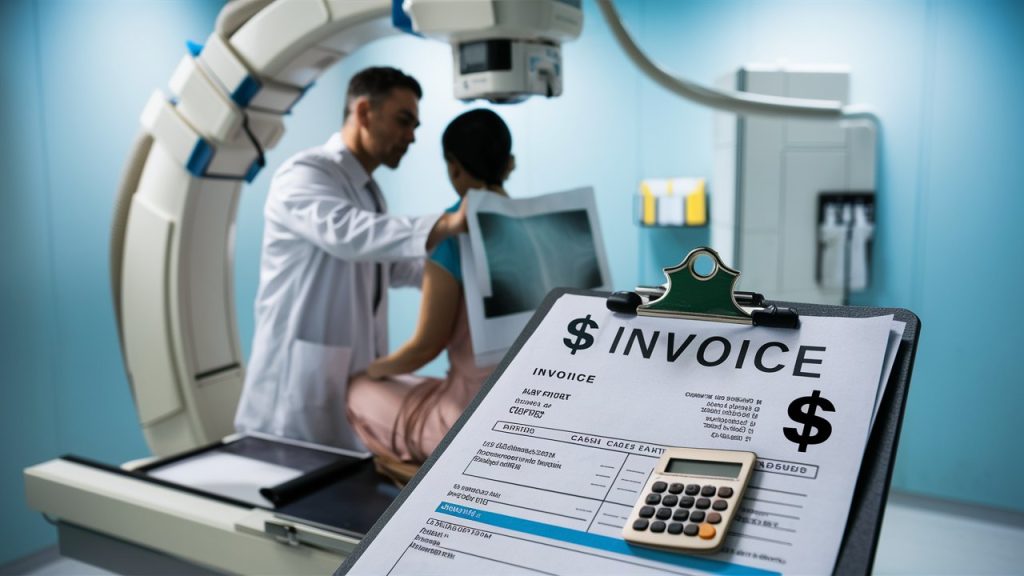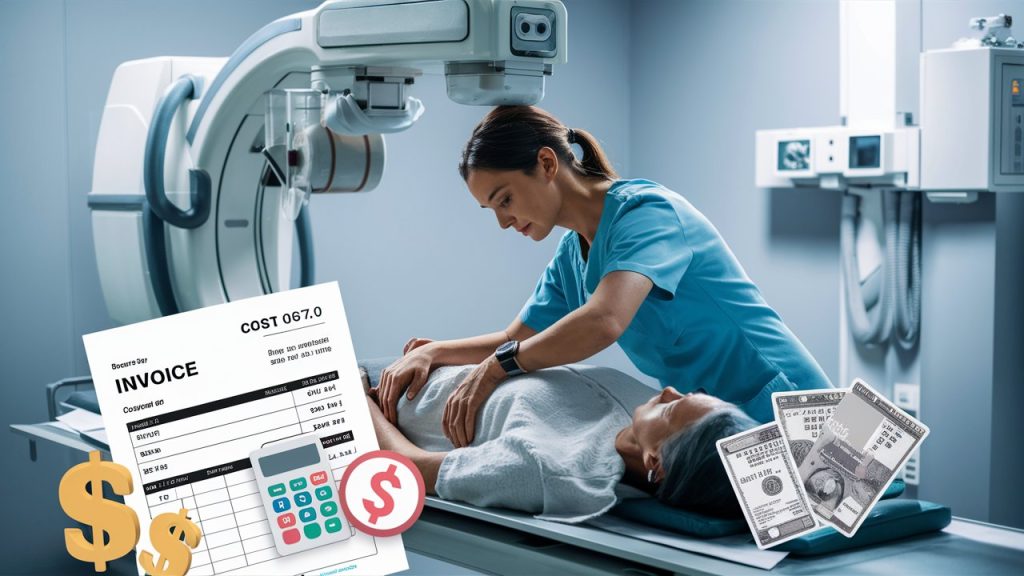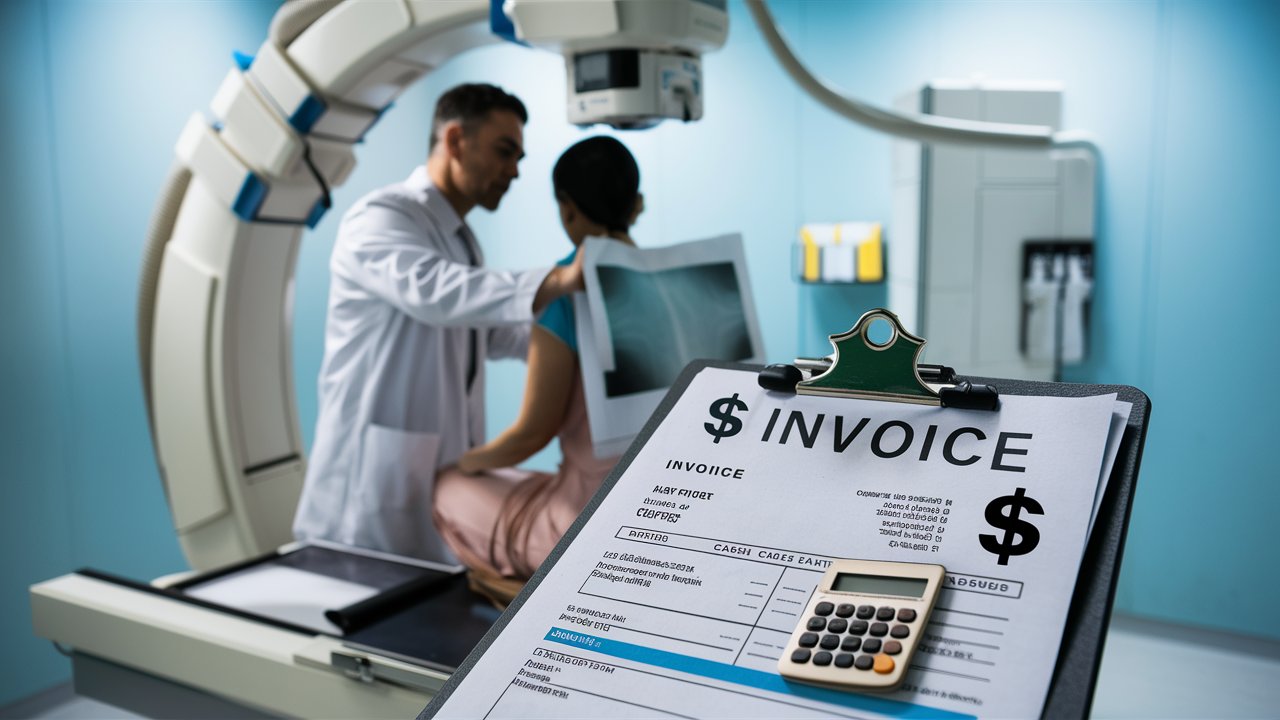Medical X-rays are a critical diagnostic tool for detecting injuries, illnesses, and dental issues. However, if you don’t have insurance, the cost of an X-ray can vary significantly. Understanding the factors that influence pricing and knowing where to seek affordable options can help you plan for this necessary expense.
Factors That Influence the Cost of an X-Ray

1. Type of X-Ray
The cost of an X-ray largely depends on the type of imaging required:
- Dental X-Rays: Typically used to check for cavities or other oral issues, dental X-rays range from $25 to $150.
- Chest X-Rays: Commonly ordered to evaluate the lungs, heart, or ribs, chest X-rays cost between $100 and $1,000.
- Extremity X-Rays: Used for arms, legs, hands, or feet, prices range from $50 to $250.
- Abdominal X-Rays: Often more expensive, costing $150 to $450.
- Full-Body X-Rays: Rarely ordered but can cost upwards of $1,000 or more.
2. Location of Service
Where you get your X-ray performed can significantly affect the cost:
- Hospitals: Generally the most expensive option, with costs ranging from $100 to $1,000 or more.
- Urgent Care Centers: More affordable, with prices typically between $50 and $500.
- Imaging Centers: Often the most cost-effective, charging $50 to $300 for standard X-rays.
- Dental Offices: For dental X-rays, costs are usually between $25 and $150.
3. Additional Fees
Some facilities charge extra for services like:
- Radiologist Interpretation: $30 to $100
- Copies of X-Rays: $5 to $25 per copy
4. Complexity of Imaging
Specialized X-rays or those requiring multiple angles may cost more. For example, a panoramic dental X-ray or a series of chest X-rays will typically be pricier than a single image.
Typical Cost Ranges Without Insurance
Here’s a general breakdown of X-ray costs:
- Dental X-Ray: $25 to $150
- Chest X-Ray: $100 to $1,000
- Extremity X-Ray: $50 to $250
- Abdominal X-Ray: $150 to $450
- Full-Body X-Ray: $1,000 or more
Ways to Save on X-Rays Without Insurance

1. Community Health Clinics
Nonprofit clinics often provide affordable diagnostic services, including X-rays, for uninsured patients.
2. Imaging Centers
Freestanding imaging centers generally offer lower prices compared to hospitals. Call ahead to compare costs.
3. Dental Schools
If you need a dental X-ray, check with local dental schools. They often provide low-cost services under professional supervision.
4. Discount Plans
Healthcare discount programs or memberships can offer reduced rates on X-rays and other diagnostic services.
5. Negotiate Costs
If you’re paying out of pocket, ask about cash discounts or payment plans to reduce the overall expense.
Why X-Rays Are Worth the Cost
While the upfront cost of an X-ray might seem high without insurance, it’s a critical diagnostic tool for identifying and treating medical issues. Early detection of conditions such as fractures, infections, or dental problems can prevent more severe complications and higher costs in the future.
Conclusion
The cost of an X-ray without insurance can range from $25 to $1,000 or more, depending on the type of imaging, location, and complexity. By exploring options like community clinics, imaging centers, and dental schools, you can reduce the expense. Don’t hesitate to negotiate or ask about payment plans to make necessary diagnostic care more accessible.



